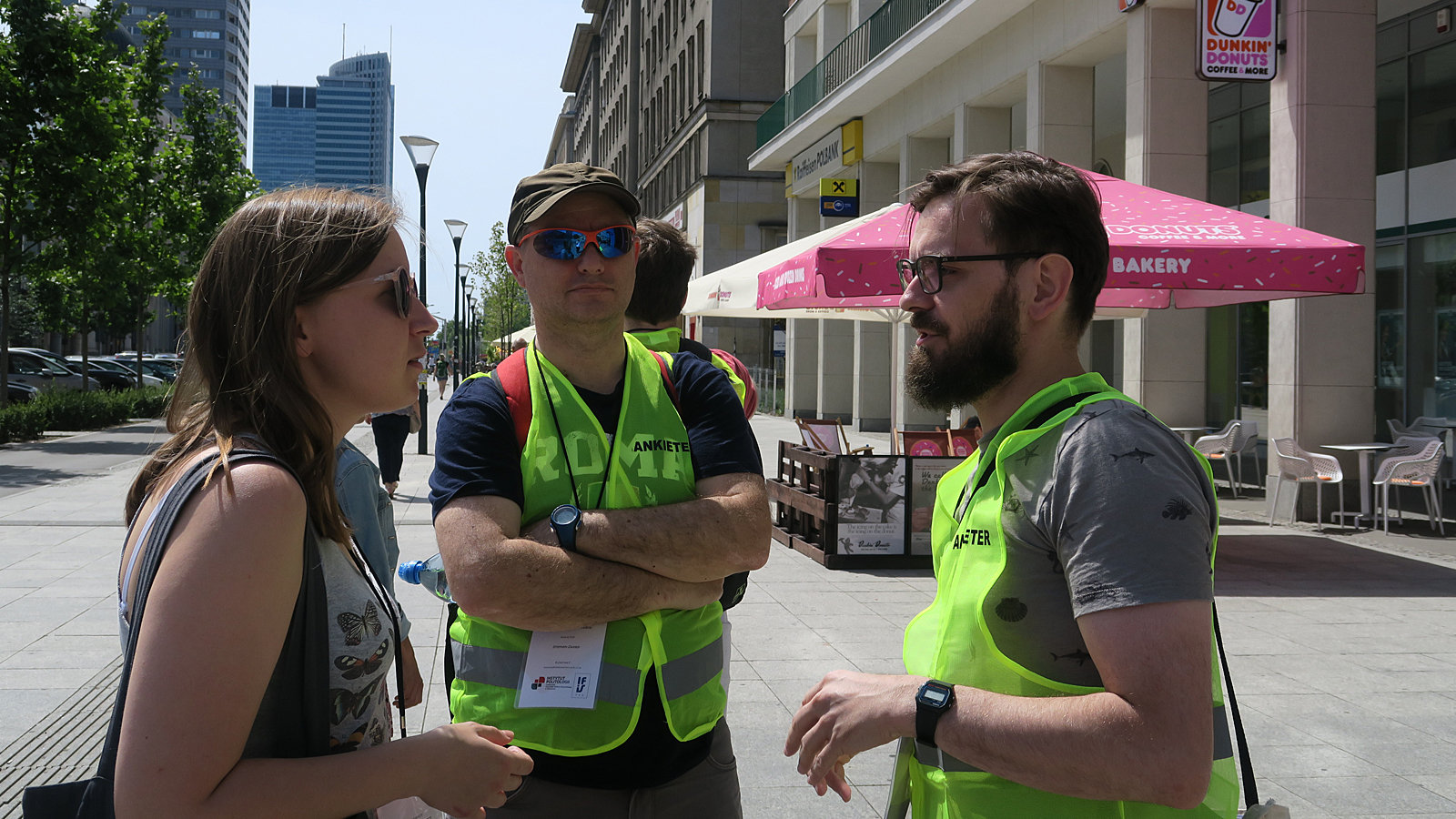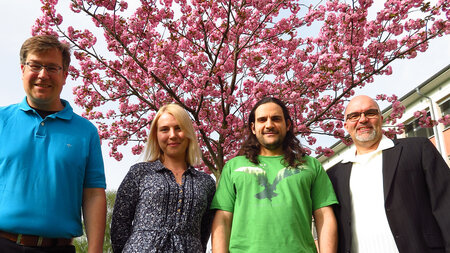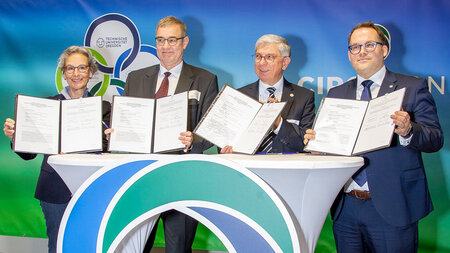Mostly Female, Well-Educated, yet Older and Less Hopeful
An international research team that includes Chemnitz University of Technology is presenting a follow-up study on the worldwide #FridaysForFuture protests
-

Dr. Piotr Kocyba from Chemnitz University of Technology and an international research team is presenting a follow-up study on the worldwide #FridaysForFuture protests
In March 2019, an international research team which included Dr. Piotr Kocyba, research associate at the Professorship for Central and Eastern European Studies at Chemnitz University of Technology, attended the #FridaysForFuture (FFF) protests. Research results were published in May 2019 and attracted a lot of attention (german media). The team launched a second wave of surveys in September 2019. During the third global climate strike, scientists distributed over 10,000 questionnaires and over 3,000 people in altogether 19 cities, from Melbourne to New York, accepted the invitation from the social researchers and filled them out online. The results of this study make it now possible to make direct comparisons between the two global strikes in March and September 2019.
Women still constitute the majority – and a high level of education prevails
In the new study, researchers show that women continue to constitute the majority of protest participants. The proportion of women in both survey cohorts was just under 60 percent. Most also have a higher level of education: according to the results, over 70 percent of adult respondents held a university degree.
Increasingly older participants, and more attend the protest alone
There was a change in the average age of the protesters: from the first to the second protest, the average age rose from 30 to just under 33. The current study also found that significantly more people took part in an FFF event all alone. This seems to indicate that Fridays For Future is now well-known enough to mobilise participants on its own, beyond the scope of social networks of those who are already engaged in the movement.
Greta Thunberg’s influence on interest and readiness to participate in the climate strikes is still considerable, but this influence is less than what was seen in March 2019. At that time, just over 40 percent of participants said that Thunberg influenced their participation in the climate strike. In September, that figure fell to only a third which suggests that the movement is now firmly established
Frustration and anger predominate – with dwindling hope
Emotion plays an important role in the mobilising power of a movement. The new study confirms a prevalence of emotions among the participants of the third Global Climate Strike such as frustration, anger and powerlessness – emotions that encourage participation in the protests. These emotions were already predominant in the previous study, and are still the main drivers for the success of the FFF movement.
The feeling of hopelessness that can lead to demobilisation continued to play a subordinate role, but an increase in this feeling was observed. In March 2019, just over 26 percent of those surveyed said they were somewhat or very hopeless, and in September this rose to 35 percent.
Background: international FFF research
The Professorship for Central and Eastern European Studies conducted a survey in two cities as a part of the September study. In Warsaw, the survey was conducted together with the Institute of Philosophy and Sociology from the Polish Academy of Sciences, and in Chemnitz, together with the Institute for Social Movement Studies. The survey was funded in Warsaw by the Federal Ministry of Education and Research (BMBF) and in Chemnitz through Weiterdenken, the Heinrich Böll Foundation Saxony.
Further information on the results can be found in the full report: Protest for a future II. Composition, mobilization and motives of the participants in Fridays For Future climate protests on 20-27 September 2019, in 19 cities around the world.
Multimedia: An investigation of the results from the first study by Dr. Piotr Kocyba is available via the “Statements from Research” series (in German). The video can be found on the Chemnitz University of Technology YouTube channel.
For further information, please contact Dr. Piotr Kocyba, Phone: +49 (0)371 531-38521, E-mail: piotr.kocyba@phil.tu-chemnitz.de.
(Author: Matthias Fejes / Translation: Jeffrey Karnitz)
Matthias Fejes
24.02.2020





